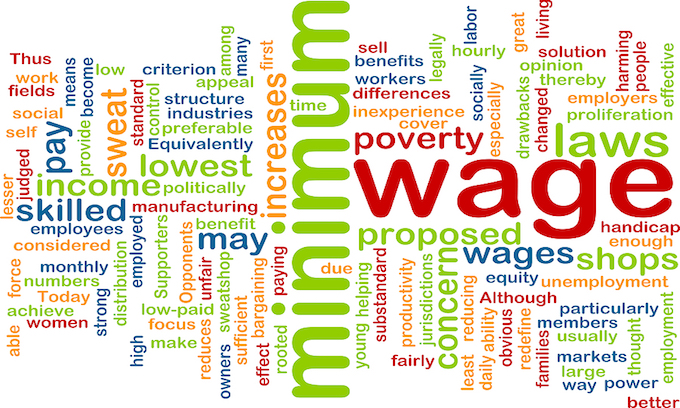Eighteen states will see an increase in their minimum wages on January 1 but the message for workers is to hold back their excitement.
“Eighteen states will increase their minimum wage, providing over $5 billion in additional wages to 4.5 million workers across the country,” writes Janelle Jones of the liberal Economic Policy Institute.
Some of the minimum wage hikes are the result of legislation or voter-approved ballot initiatives. Other increases come as the result of some states tying their minimum wages to inflation.
Whatever the case may be, EPI and others are pleased at more hourly wages. Mark Perry, however, of center-right American Enterprise Institute, suggests that people should be very cautious.
“As we’ve seen in Seattle, which is kind of the city on the front edge of all this kind of radical experiment, as I would call it, what they’ve seen is that hours have been cut as a result of the minimum wage increases there,” Perry tells OneNewsNow. “Sure, wages are going to be going up because of government mandates but what’s going to happen to the number of hours that workers are going to be assigned to work?”
Perry says it’s possible that their hourly wage is going to increase but their weekly hours could be cut such that they either make the same amount of money or even less than they were making before.
Meanwhile, the federal minimum wage remains at $7.25.
Although 29 states and the District of Columbia have raised their minimum wages above the federal requirement, some lawmakers and economists continue to call for a higher wage.
“In 21 states, workers are still paid at far lower wages than their counterparts a generation ago,” says Jones. “Increasing the minimum wage is a crucial tool to help stop growing wage inequality, particularly for women and people of color who disproportionately hold minimum wage jobs.”
—-
Copyright American Family News. Reprinted with permission.




















Recent Comments